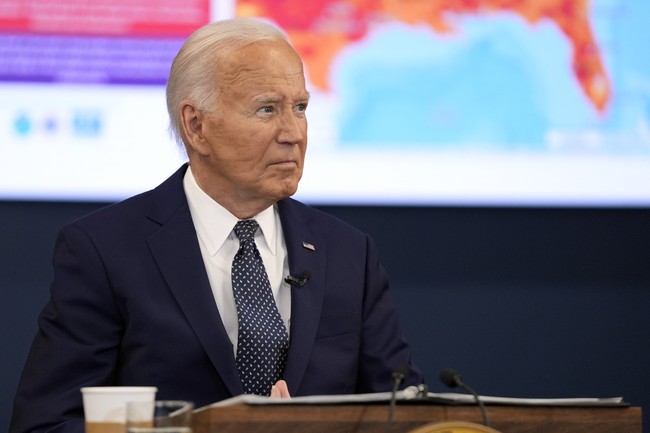ECB Discusses Rate Cuts as Eurozone Inflation Falls
A recent dip in Eurozone inflation below 2% has spurred discussions on further interest rate cuts by the ECB, amidst a backdrop of fluctuating economic indicators and geopolitical tensions.
Published October 02, 2024 - 00:10am

Image recovered from marketbeat.com
Inflation in the 20 countries that use the euro fell to 1.8% in September, marking the first time in over three years that it has slipped below the European Central Bank's (ECB) target of 2%. This decrease is largely attributed to a dip in energy prices, offering consumers a respite from the inflation spike that was once recorded in double digits. As a result, economists are now considering the possibility of rate cuts being advanced to the ECB's upcoming meeting on October 17.
This recent statistical revelation is seen as a pivotal moment for the ECB, which has already reduced interest rates twice this year. The organization now faces a balancing act between ensuring that inflation remains controlled and addressing concerns over sluggish economic growth, which requires swifter cuts. The ECB's President, Christine Lagarde, has acknowledged the need for cautious deliberation based on incoming economic data rather than adhering to a predetermined schedule for rate adjustments.
Central banks across the globe, including the ECB and the U.S. Federal Reserve, have been rapidly raising rates to combat inflation caused by supply chain constraints post-pandemic and geopolitical tensions following Russia's invasion of Ukraine. The invasion notably strained energy supplies to Europe, instigating fears of an oil market collapse. However, the easing of these strains has led to a more favorable inflation outlook, building the case for forthcoming rate cuts.
Across the European continent, inflation trends have shown signs of easing further. For instance, Germany reported a 1.6% inflation rate, while France, Italy, and Spain recorded 1.2%, 0.7%, and 1.5% respectively. These figures bolster the confidence that inflation is gradually aligning with ECB's targets, raising hopes among policymakers that interest rates can be cut sooner than initially anticipated.
In contrast, some areas of inflation, such as services prices, remain persistently high. These underlying measures pose a credible threat of slight inflation upticks towards year-end, necessitating a careful approach by the ECB. President Lagarde emphasized that the upcoming rate decisions will be firmly based on thorough analysis of economic trends.
Speculating on the economic ramifications, numerous economists from prominent banks foresee consecutive rate cuts in October and December, and potentially in January 2024. A significant drop in services inflation to 4.0% from 4.1% is contributing to this optimism, though persisting internal price pressures cannot be entirely overlooked.
Meanwhile, the broader European economic landscape continues to grapple with geopolitical nuances that could alter economic trajectories. The geopolitical tension in the Middle East, particularly the growing anticipation of potential escalations involving Iran, adds an additional layer of uncertainty. A surge in crude oil prices, which recently hovered above $70 per barrel for WTI and over $74 for Brent, signifies the market's jittery state.
On the domestic front, countries are focusing on fiscal measures to manage economic stability. France's Prime Minister Michel Barnier recently announced proposals for a substantial increase in taxation on profitable large enterprises and the aviation industry. These measures aim to address the nation's fiscal deficit, reflecting broader efforts within the EU to ensure sustainable economic growth.
In her addressing comments at the European Parliament, Christine Lagarde also recognized the slow pace of economic recovery in the Eurozone post-pandemic. The ECB remains committed to a policy where future rate paths are determined cautiously without premature commitments. Economic indicators for 2024 project Eurozone growth at 0.8%, with Italy expected to improve by approximately 1%.
The discourse surrounding interest rates and inflation in the Eurozone underscores the intricate dynamics at play. With geopolitical tensions, energy prices, and fiscal policies influencing the macroeconomic outlook, the ECB's strategy moving forward will be crucial in shaping Europe's economic landscape in the coming quarters.






